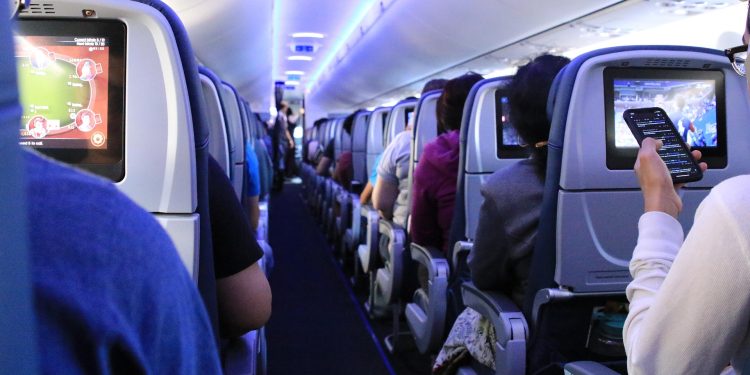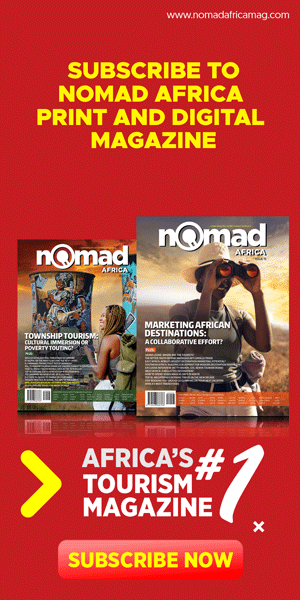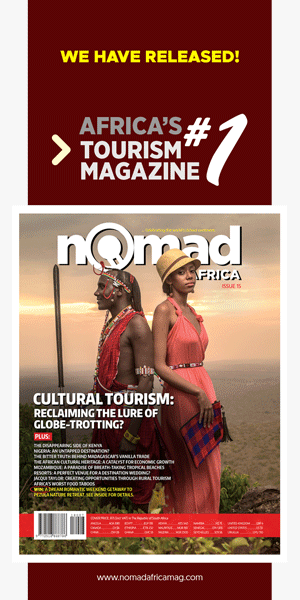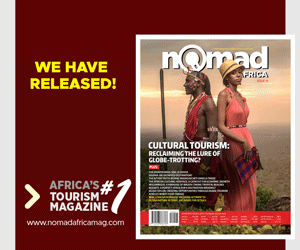The next frontier in ‘always-on’ connectivity has well and truly arrived. Across the aviation industry, airlines are racing to eliminate one of travel’s last disconnected spaces, by integrating free Wi-Fi into their loyalty programmes.
The momentum is remarkable. Delta Air Lines recently expanded its free Wi-Fi service to South Africa, offering complimentary high-speed internet to SkyMiles members flying between South Africa and the US (with additional connectivity on the new Atlanta/Marrakech route launching at the end of October). American Airlines will roll-out free high-speed Wi-Fi to AAdvantage members from January 2026, Turkish Airlines offers a complimentary internet service to business and first-class passengers as well as Miles&Smiles members, while Starlink is in talks with Middle Eastern Airlines, like Emirates, to grow their in-flight Wi-Fi business.
These are just a few examples. As Mummy Mafojane, GM of FCM South Africa explains, free in-flight Wi-Fi has shifted from a premium perk to a baseline expectation.
“It’s become a routine part of the passenger experience,” says Mafojane. “Whether you’re looking to work, stream or just keep in touch, passengers expect fast, free, reliable Wi-Fi to follow them from the lounge into the cabin.”
For airlines, the business case is clear. A 2024 Passenger Experience Survey by global tech and communications company, Viasat, shows that one in three airline passengers believe having no Wi-Fi is one of the most frustrating things about flying today. According to Viasat, these elevated expectations are prompting airlines to think of connectivity as a strategic asset – one that can drive loyalty more than any other.
But this is where things get interesting: digital detox travel was booming in 2025.
The Great Disconnect Paradox
Hilton’s 2025 Trends Report acknowledged this paradox (calling it “High‑Tech Travel Meets Digital Detox”), saying technology can be the hero or the villain in your travel story. In other words, digital tools, including online check-in and digital keys have never been more popular while, simultaneously, nearly one in four travellers now actively avoid answering work calls, texts, or emails while on vacation. The Global Wellness Summit identified “analog travel” as a defining trend for 2025, with travellers seeking old-school, pre-digital experiences (think physical books, board games, retro cameras) as an antidote to digital fatigue.
So, what’s really happening here? The answer lies in recognising that business travellers aren’t a monolith. They’re a spectrum, with different views on free Wi-Fi.
The Always-On Executive celebrates this development. For them, the 15-hour flight from Atlanta just became prime working time. They’ll clear their inbox before landing, eliminating the post-flight email avalanche. Research shows this group actually experiences less anxiety when they can stay connected, maintaining control over their work rather than dreading what awaits them upon touchdown.
The Digital Detoxer, meanwhile, has mixed feelings. For years, they’ve treasured long-haul flights as enforced digital sabbaticals – guilt-free zones where being unreachable wasn’t a choice, it was physics. Now, that excuse has evaporated. The pressure to be “available” has followed them into the stratosphere.
The Reluctant Connector has their laptop open, but their heart’s not in it. They’d prefer to binge “The Office” or finish their novel, but company culture dictates that availability is expected.
And then there’s The Streamer, blissfully untroubled by these existential dilemmas, just delighted they can finally stream their favourite movie without panic downloads in the lounge – or paying $24 for dodgy bandwidth.
What Does It Mean for Travellers Wellbeing?
Research on digital overload is sobering. Excessive screen time is linked to heightened stress, disrupted sleep patterns, and burnout – precisely what business travel already exacerbates. Yet simultaneously, some studies suggest that staying connected during travel can reduce anxiety by preventing the dreaded “return to the office” inbox shock.
The issue isn’t the Wi-Fi itself – it’s a genuinely impressive technological achievement and step forward for passenger convenience. The question is what it represents: the further erosion of boundaries between work and life.
Speaking at the 2025 Global Business Travel Association’s Southern Africa Conference, Prof. Anneli Douglas explained that while traveller wellness focuses on the physical and mental health aspects of travel, like healthy food, fitness, jet lag management, access to quiet spaces for rest and well-designed workstations for productivity, traveller wellbeing is different. Here the focus falls on emotional health, including work-life balance.
And it really matters.
In fact, says Mafojane, true luxury in 2025 isn’t just having Wi-Fi on your flight to Johannesburg; it’s having Wi-Fi available WITHOUT the expectation that you’ll use it for work. It’s about employers respecting that a 15-hour flight might be for rest, not productivity. It’s the difference between “you can connect” and “you must connect.”
As Mafojane explains, traveller wellbeing should be an important part of your travel policy.
“The most forward-thinking companies are designing healthy travel policies,” says Mafojane. “This could include “right to disconnect” clauses that explicitly prohibit work expectations during flights and layovers. Business travel can be exhausting. Frequent travellers are at risk of burnout – and travel managers need to respect the need for genuine downtime, regardless of Wi-Fi availability.”
The Upside
Of course, the benefits of free Wi-Fi are real. For truly urgent situations (like family emergencies or critical business decisions), having the option to connect is invaluable. For travellers who genuinely enjoy productivity at altitude (they do exist!), free Wi-Fi is transformative. Technology enables genuine flexibility in how we work and travel.
The aviation industry’s commitment to free Wi-Fi is a genuine win for passenger choice and connectivity. But choice only matters when it’s genuinely optional. The airlines are giving us the tools; now it’s time for travel managers and companies to give their people something equally valuable: permission to switch off when they need to.



















